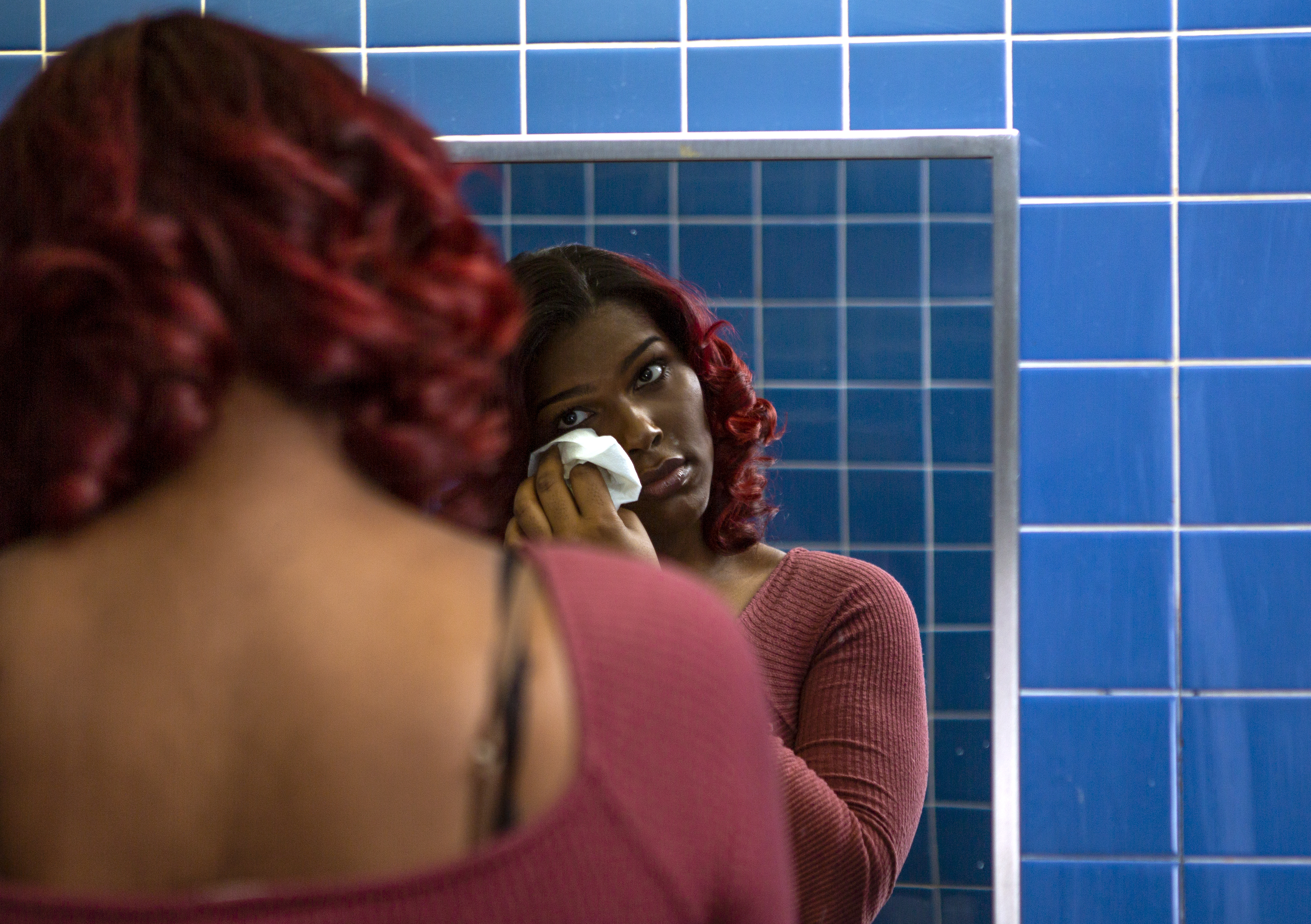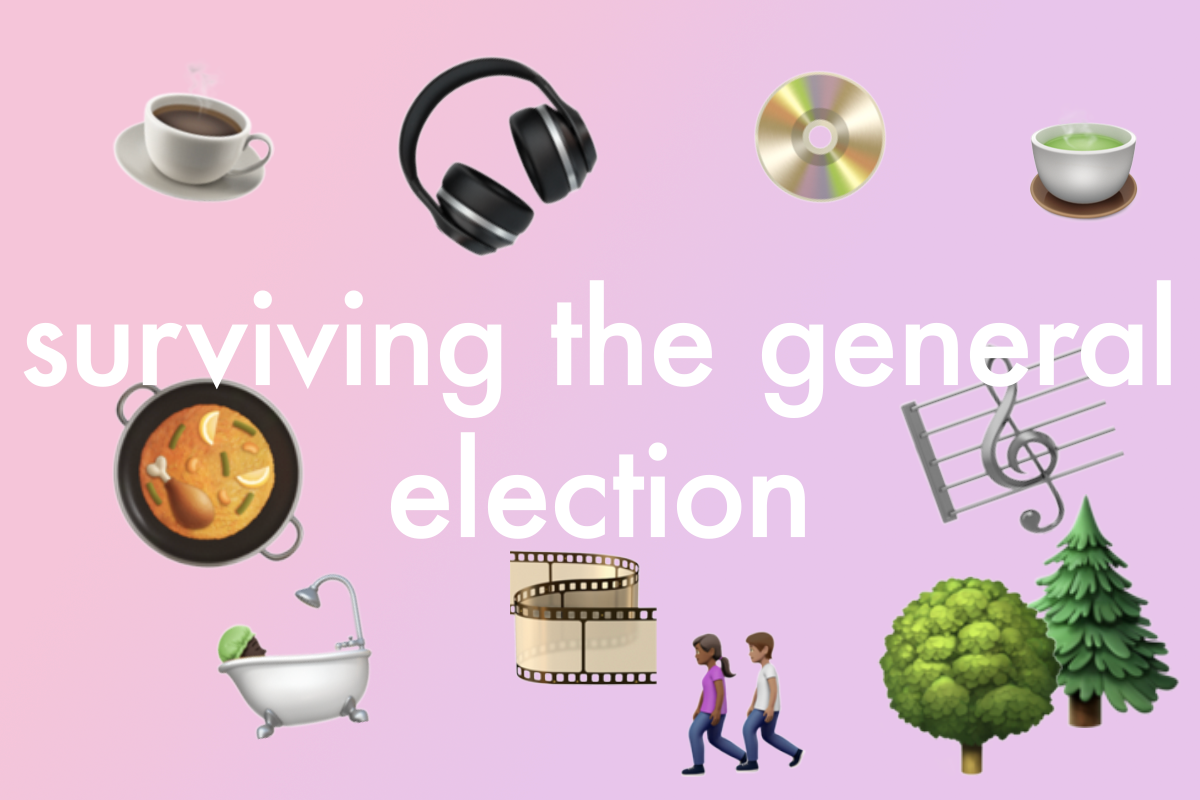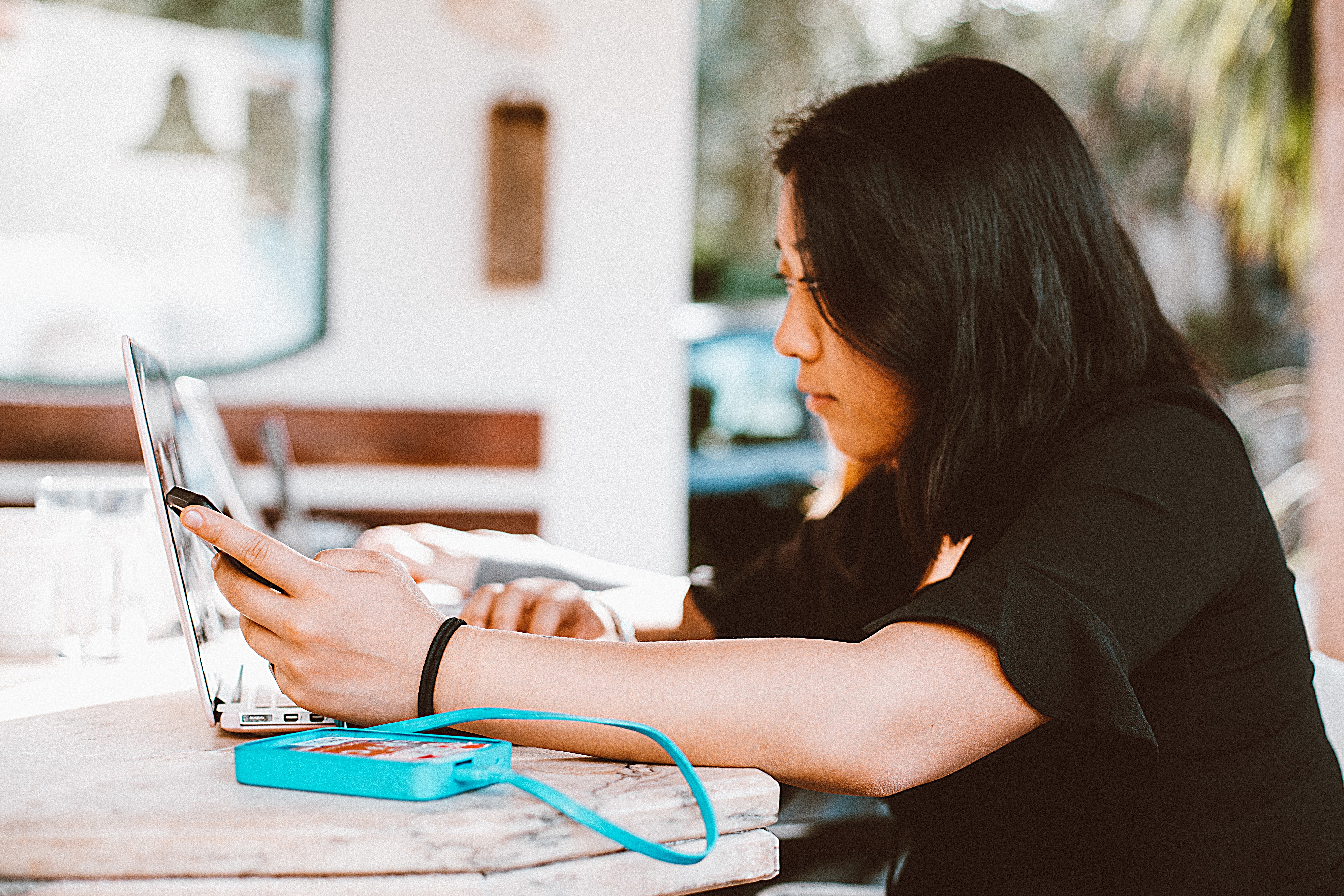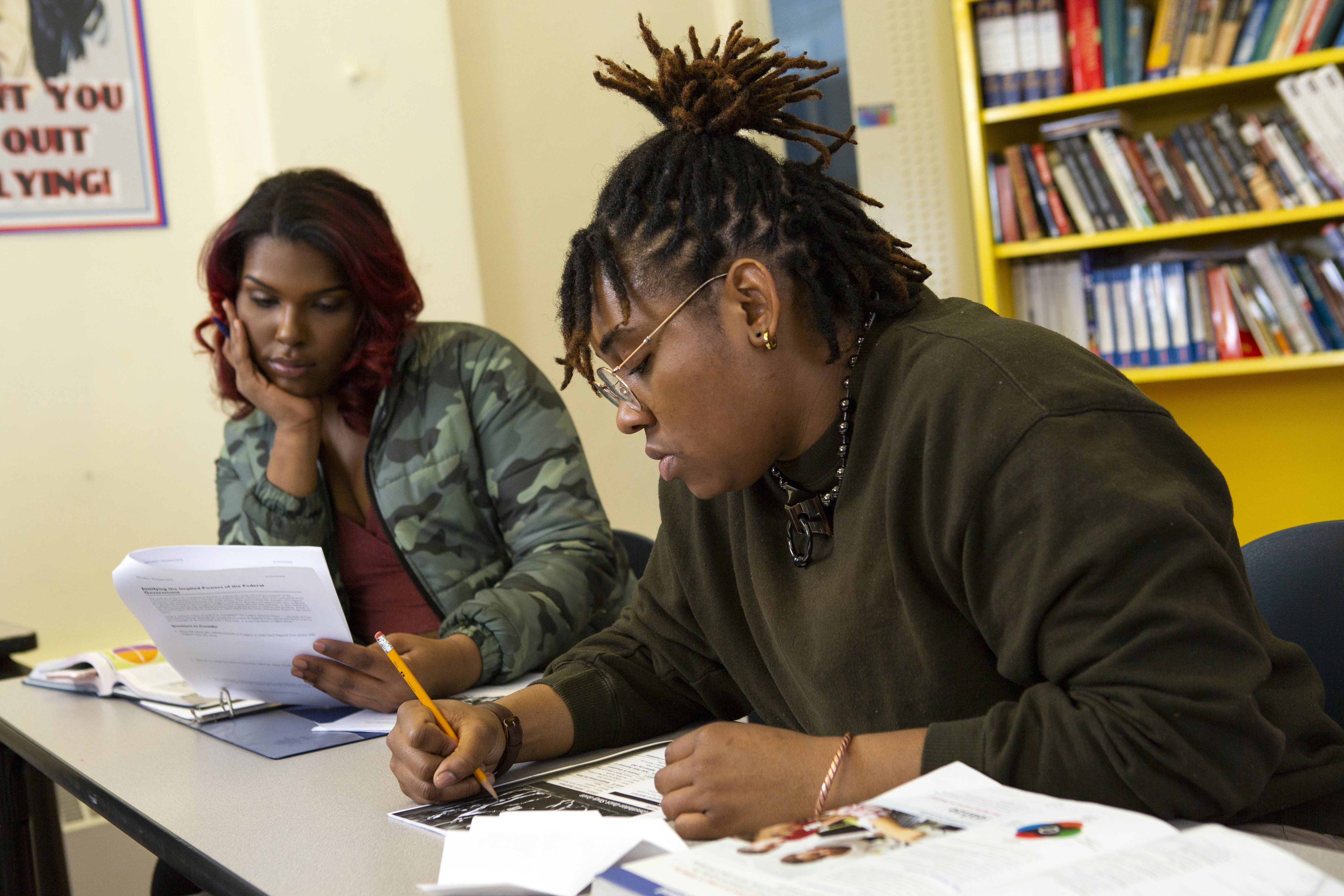
Welcome to #SelfcareSundays: a space at gal-dem promoting love, positivity and good vibes. Yero talks about the why saying no is sometimes a lot more important than saying yes.
I stopped being a ‘yes’ person last week. Like many young professionals nowadays, I used to seize all work opportunities that came my way (both paid and unpaid) as if it was my duty. Even in my personal life when friends asked me favours I’d immediately say yes, often putting their needs before mine. This wasn’t cool. Even with immaculate time management skills, being able to commit to absolutely everything and everyone was making me both physically and emotionally unwell.
I get it. I truly understand why people say yes to most, if not all requests. It means you’re a reliable person, the one people can depend on. It’s not as if taking on someone else’s shift on a regular basis is putting you out of your way or anything. And you don’t want to be seen as a disappointment, do you? It is okay to say no sometimes. The world isn’t going to end if you don’t swoop in and save the day. ‘Yes’ people can sometimes be used and abused; positive, can-do attitudes can be exploited when you are made the go-to person for all occasions.
At 14-years-old, after a bout of glandular fever, I was diagnosed with a debilitating disease called chronic fatigue syndrome. I went from being an effervescent straight-A student who played basketball and went to loads of live concerts and parties to a lifeless shell of myself who couldn’t even get out of bed. Because of my low attendance records, my school politely asked me to leave and I began NHS hospital school home-schooling.
The worst day of my life was when I was asked by a doctor to complete a simple activity/test for a three-year-old and I couldn’t do it. Mentally, it was too much for me. My friends would invite me out to the cinema, and I’d be be so happy that they had remembered me and excited at the prospect of leaving the house, I would say yes.
But of course on the day, I’d have to cancel. I became one of those flakey unreliable people. My friends didn’t understand my illness or want to try to. Slowly the party invitations stopped coming my way and I felt bad I could never stick to my word. My doctor gave me some good advice, “Yero, why don’t you start saying ‘I’ll see what I can do’ more often?” She said that that way I wouldn’t feel as bad if I couldn’t live up to my expectations. I should try my best but not make any promises, because I’m only human after all.
So, from now, this is what I’m going to try to do, but I make no promises.









